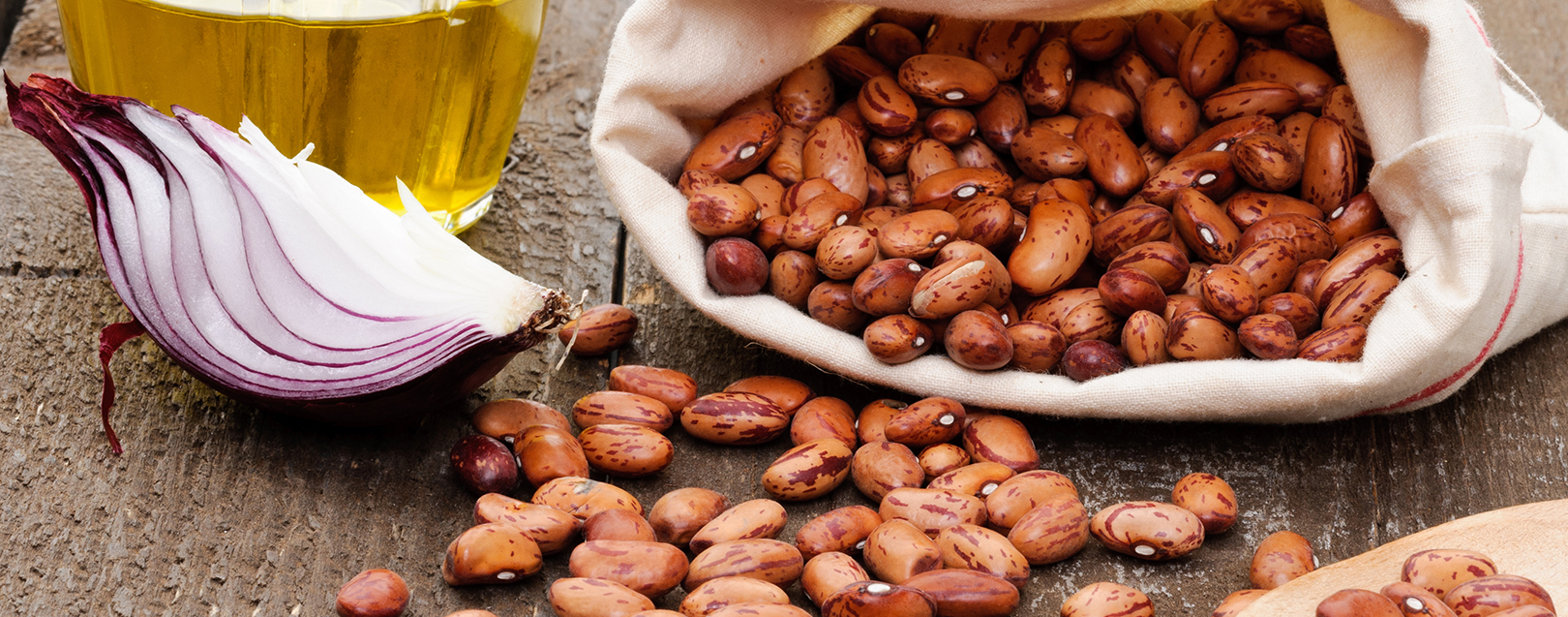
Fall in global food prices favours India’s import plan
Falling prices of food products in the international market can prove beneficial for India which needs to import many items to meet the domestic demand. Since the domestic food production is expected to reduce due to bad monsoon, the government has been considering increasing imports of certain products to bridge the production deficit. Government estimates say that India’s total food grain production is projected to be around 251 million tonnes during the current crop year ending in June. The estimated production is less than 265 million tonnes recorded a year ago. Earlier this month, Agriculture Minister Radha Mohan Singh said that his government was mulling over increasing imports of pulses to check its soaring price within the country. In the past few months, prices of pulses and edible oils have witnessed continuous fall in the international market. However, importers of food products say they do not hope to take advantage of reduced global prices due to delay in clearances from the Food Safety and Standards Authority of India (FSSAI). “Getting clearance for food imports is a tedious task. The FSSAI takes too long to give approval to a particular product even if that product has been cleared from regulatory bodies of many countries including USFDA and Codex. The cost of product also goes up due to delay in clearance,” Harsh Anand, proprietor of Delhi Supply Company, told The Dollar Business. According to the Food and Agriculture Organisation (FAO), the global food price index in May this year has come down to its lowest level since September 2009. The food prices index averaged 166.8 points in May, down 2.4 points from April and 43.6 points (20.7%) lower than that of May last year. “Cereals and dairy products were responsible for much of last month’s decline,” the FAO said in its statement released last week. The index of vegetable oil prices in May was 21% lower as compared to the index of the same month last year. However, the index went up 2.6% from April this year. FAO said that palm oil prices strengthened due to increased concerns about possible El Nino affect in Southeast Asia. Imports contribute a major share of pulses and vegetable oil consumption in India. Besides, the country also buys several processed food items from the international market.
June 13, 2015 | 8:09 pm IST.






 to success.
to success.